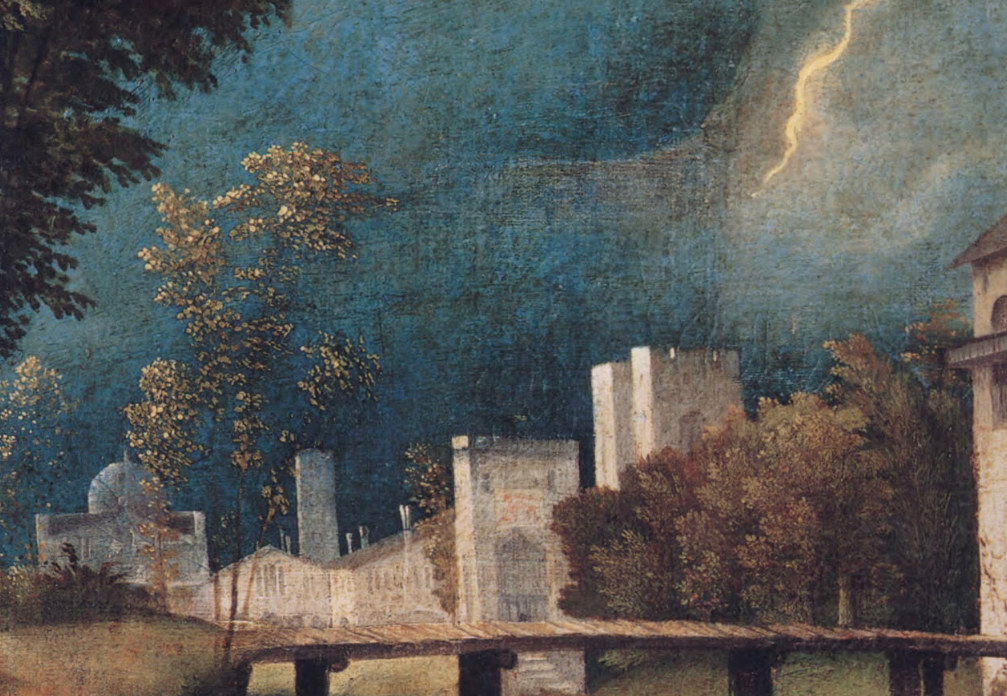Fleet River
by James Longenbach
University of Chicago Press, $14 (paper)
In this second collection of poems by noted critic James Longenbach, two travelers embark on a journey both grounded in the literal and imbued with spiritual significance. In his acclaimed critical study Modern Poetry after Modernism, Longenbach has argued cogently for a connection between high modernist and postmodernist poetics, and many of the issues that preoccupy both movements haunt the poems of Fleet River—questions of epistemology, teleology, free will and determinism, the power of language, the possibility for transcendence. In several of the collection’s key poems, most notably the aptly titled “No Explanation,” the poet resolves to“respond” passively to the complexities of experience rather than try to fix a determinate, delimiting meaning to them: “And if I sacrificed the possibility of being / Understood, I didn’t mind; // At night at times the hemlocks / Seemed otherworldly as thestars.” A somber note of fatalism darkens Fleet River, as in“Learning Window,” in which the speaker sees “no need / To imagine a future because it was / Waiting beyond [his] control.”Despite this darkness, moments of wonder, ecstatic vision, and transcendence abound in the collection, as in “The Two Together,”in which the protagonists imagine “A dream in which existing is to want / / And wanting to receive—the burden / Of not knowing the event / Beyond .which nothing more will happen / / Foreverrelieved.” An almost Romantic sensitivity to the sublimity and seeming boundlessness of the natural world (“The landscape threatened never to end”) as well as a habit of humanizing that world (“Clouds opening as if the sky, opaque / / Then clear, confused / What was about to happen with / A memory”) inform the whole collection. If in his critical writing Longenbach has set out“to assert the historicity of poetry and the political power ofpoets,” he seeks in this elegant and thematically rich collection to capture that fleeting moment of inspiration when “revelationdoesn’t wait / For us to choose a form.”








